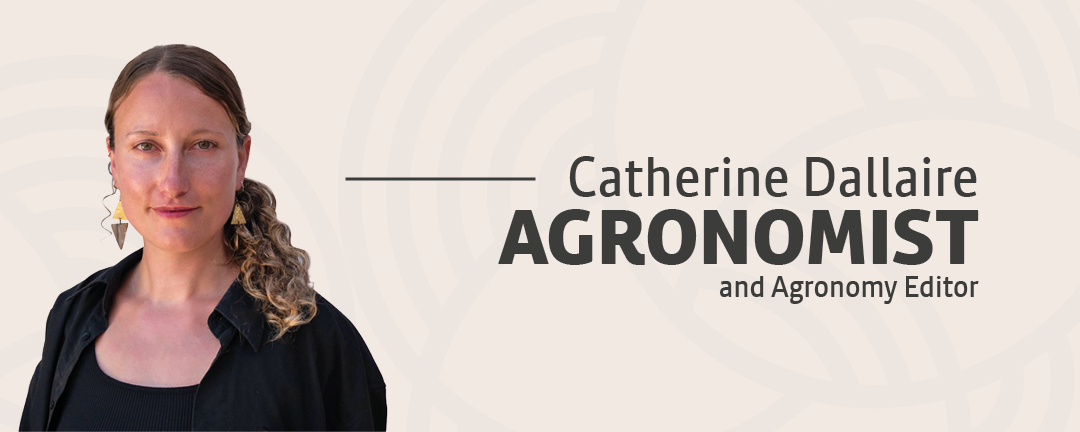
A highly complex issue
The problem is tricky, since water is a fluid and mobile resource that flows along the natural slopes of a watershed. It is therefore not defined according to our cadastral, municipal or provincial boundaries, but it is nonetheless how our government institutions are managed. Conflicts over water use are particularly thorny, because they are directly linked to other major social issues, such as population growth, urban sprawl and land-use planning.
Research projects to gain a better understanding of the water shortage issue
The Quebec Ministry of Agriculture, Fisheries and Food has set up a number of knowledge acquisition projects in this area. In 2020, the RADEAU project (French only), which was a collaborative research project exploring sustainable alternatives for water management in agricultural environments in the context of climate change, provided an overview of current challenges. This study, whose findings are available online, presents the state of surface and groundwater availability in 11 agricultural regions of Quebec, along with relevant recommendations for these regions.
Farmers on the front line
As farmers have a front-row seat to climate change, they are often the ones to sound the alarm in many towns and villages. On an individual level, water retention infrastructure is already being set up in affected regions. Reservoirs are being installed, ponds dug and agri-environmental practices applied to reduce water runoff and increase infiltration potential. However, there is still room for improvement, particularly with regard to irrigation and cultivation practices. First and foremost, collective measures need to be put in place. The stakeholders in each region need to work together to find adaptation measures specific to their particular challenges. “What matters most is to understand that we all share the same water. So, it’s a problem that requires collective solutions,” adds Karine Dauphin. In this context, the farming community can not only play an active role in preventing conflicts surrounding water use, but it can also become an instigator of change and awareness among the general public.


